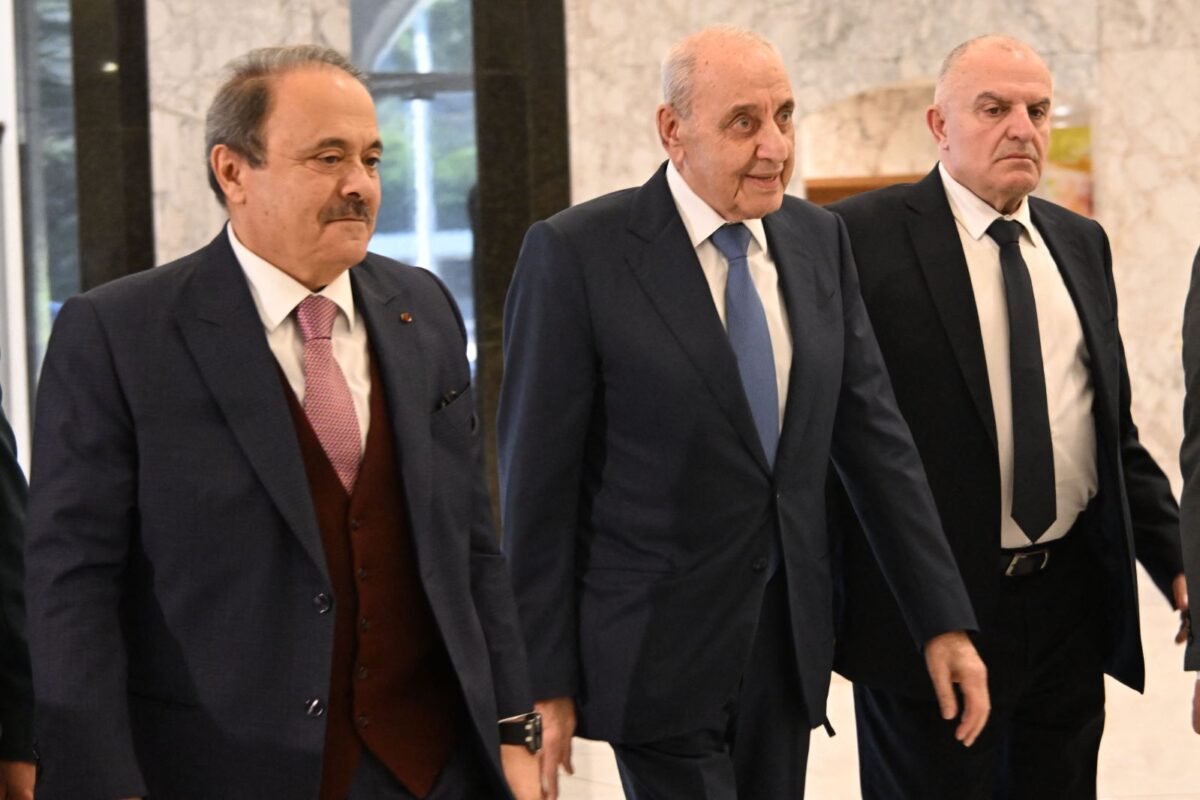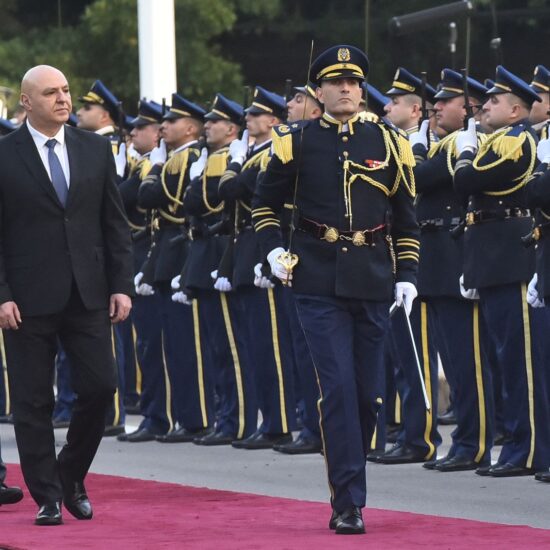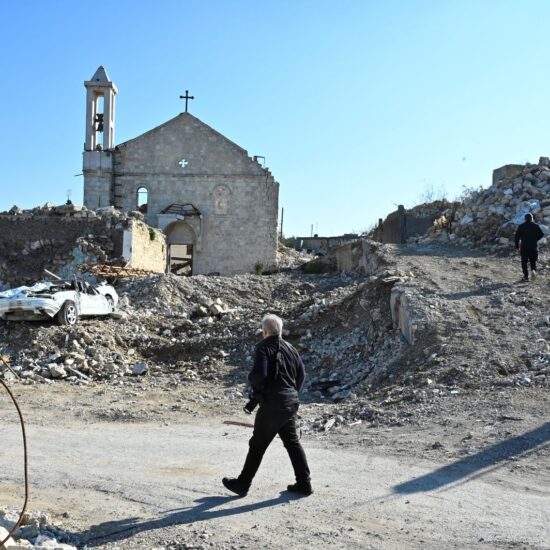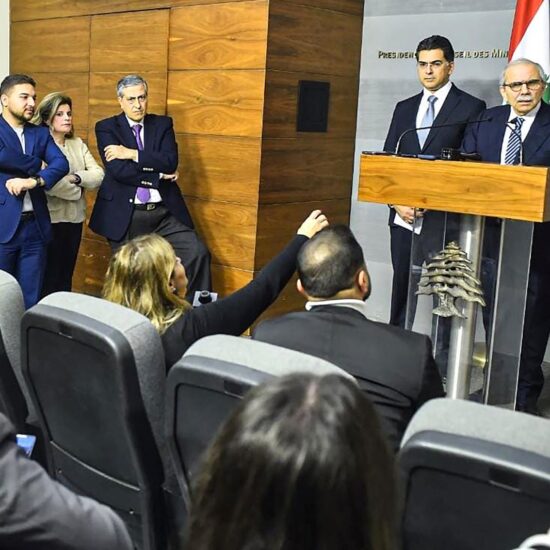
A lot has happened this past week in Lebanon’s political landscape. After years of deadlock, a president was finally elected, and a prime minister-designate was selected. General Joseph Aoun secured 99 votes to become Lebanon’s president, while Nawaf Salam, with 85 votes, was chosen as prime minister designate. On the surface, the difference between their tallies may not seem significant, but the dynamics underlying these numbers paint a more complex picture—one marred by accusations of constitutional violations and sectarian manipulation.
Hezbollah and the Amal Movement (the “duo”) have raised alarms about Nawaf Salam’s designation, claiming it sidelines the Shiite community and threatens the National Pact. This narrative rests on the duo’s abstention from naming Salam, leaving the prime minister-designate without the explicit support of any Shiite MPs. Yet, when scrutinized, the accusation of “being sidelined” collapses under its own contradictions.
The Irony of Sidelined Claims
It is almost humorous to hear claims of exclusion from the same factions that have spent years sidelining others. From the outset, the duo declared their unwavering support for Najib Mikati, dismissing all alternative candidates proposed by opposition groups. This unilateral stance effectively sidelined any meaningful debate or engagement in the selection process.
Even more ironic is how the duo participated in the presidential elections. In the first round of voting, Hezbollah and Amal submitted a blank vote, effectively sidestepping the very process they claim should include everyone. Behind the scenes, they met privately with Aoun to secure concessions before casting their votes in his favor during the second round. The idea that they were excluded from the process is not only false but also emblematic of a faction accustomed to dictating terms rather than engaging in dialogue.
It is understandable that groups accustomed to unchallenged dominance might feel unsettled when the process does not go their way. But claiming they were sidelined when all discussions and negotiations played out openly, with opposition meetings lasting for days to agree on Salam, is disingenuous at best.
The Constitution and Its Misuse
The duo’s current strategy hinges on leveraging Lebanon’s constitution, which mandates inclusivity in government formation. This clause, rooted in the country’s sectarian power-sharing framework, was designed to ensure balance and representation among all communities. But when used in bad faith, it becomes a tool for obstruction rather than cooperation.
The purpose of this clause is to safeguard inclusivity—not to grant any one faction a veto over governance. Hezbollah and Amal’s abstention from the cabinet formation consultations sets the stage for them to later challenge the government’s legitimacy, claiming it lacks Shiite representation. This misuse of the constitution undermines its original intent and perpetuates Lebanon’s political paralysis.
Inclusivity vs. Manipulation
A true commitment to inclusivity would require:
- Active participation in consultations to ensure their community’s voice is heard.
- Constructive engagement to critique policies and proposals rather than resorting to blanket rejection.
- A focus on national interests rather than factional gains.
Instead, Hezbollah and Amal are using their abstention as leverage to obstruct the formation of a government that could genuinely reflect Lebanon’s diversity and priorities. This tactic is deeply cynical; prioritizing power plays over the urgent needs of a country in crisis.
For Nawaf Salam, the path ahead is fraught with challenges. To form a government, he must navigate a minefield of sectarian politics, balancing inclusivity with the need for efficiency. The opposition’s success in uniting behind him marks a rare moment of cooperation, but it also places significant pressure on Salam to deliver results in an environment where factions are already positioning themselves to undermine his legitimacy.
Ultimately, the question is not just about whether the new government satisfies constitutional requirements, but whether it reflects the spirit of inclusivity that the National Pact was meant to uphold. Lebanon’s leaders must recognize that leveraging constitutional loopholes for political gains only deepens divisions and prolongs the country’s suffering.
The events of this week highlight an enduring truth about Lebanon’s political system: it is not the lack of mechanisms that fails the nation, but the bad faith with which those mechanisms are exploited. If this moment is to be a turning point, it requires all factions to engage in governance with transparency, accountability, and a genuine commitment to rebuilding the state—not just protecting their own interests.
Ramzi Abou Ismail is a political psychologist and researcher at the University of Kent.
The views in this story reflect those of the author alone and do not necessarily reflect the beliefs of NOW.








